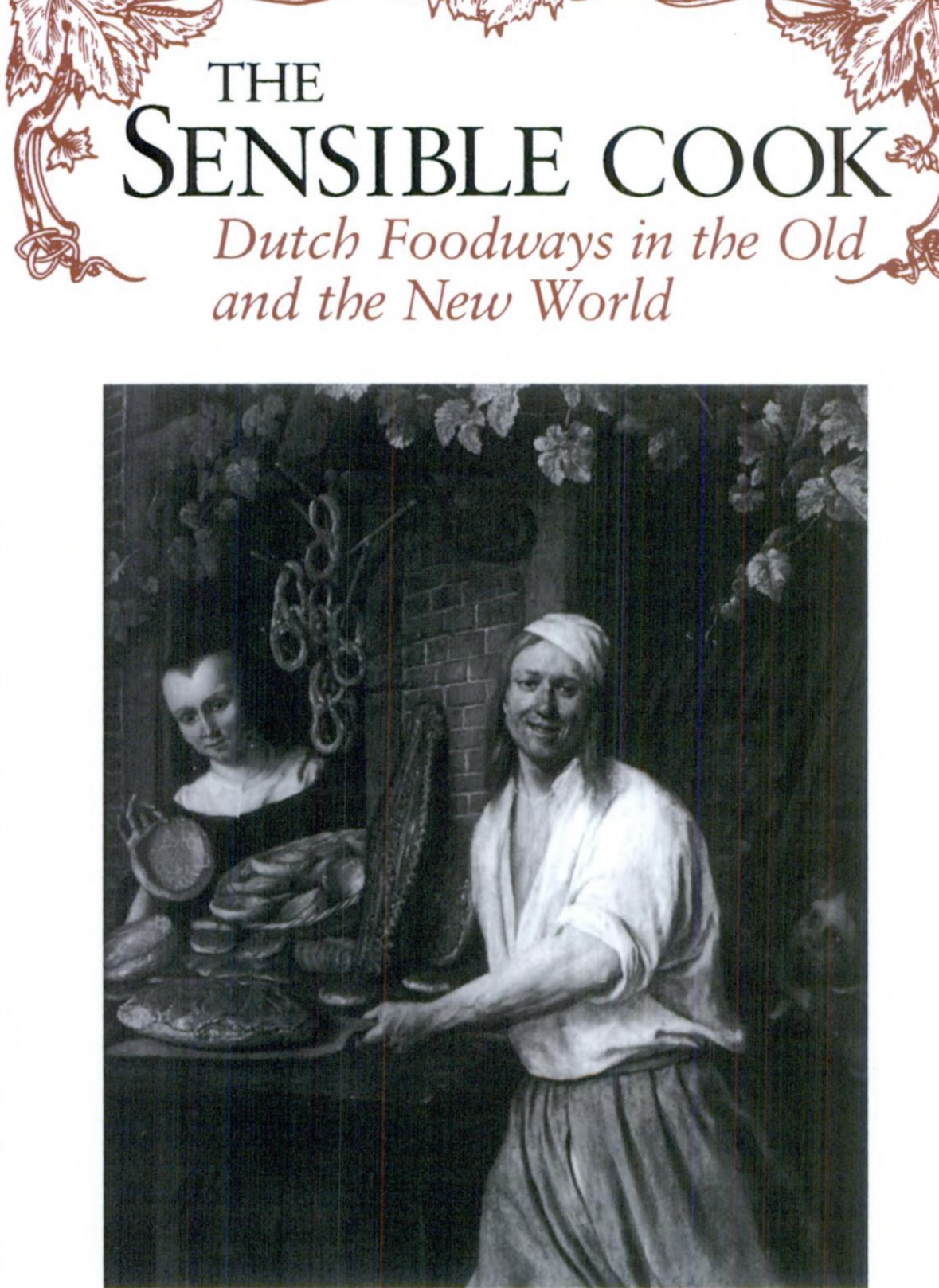The Dutch East India Company
As a chef, I am constantly fascinated by the history and evolution of culinary practices around the globe. One of the most interesting stories in this regard is that of the Dutch East India Company, also known as the VOC (Verenigde Oost-Indische Compagnie), which played a pivotal role in the development of global cuisine.
Founded in 1602, the Dutch East India Company was one of the largest and most powerful trading companies in the world, with a focus on the spice trade in particular. Its ships travelled all over the world, from Europe to Asia and Africa, in search of the most valuable spices and other goods.
One of the most interesting things about the VOC is that it was not just a trading company, but also had its own government-like structure, complete with a governor-general and a council. This allowed the company to wield enormous power and influence in the areas where it operated, including in Indonesia, where it established a virtual monopoly on the spice trade.
The VOC also had a significant impact on culinary history, as it was responsible for introducing many new ingredients and dishes to Europe. Spices like nutmeg, clove, and pepper were highly valued and sought-after commodities, and the Dutch East India Company played a key role in making them available to European chefs and consumers.
In addition to spices, the VOC also introduced new fruits and vegetables to Europe, such as tomatoes and potatoes, which quickly became staples of European cuisine. The company even played a role in the development of the modern coffee industry, as it was responsible for introducing coffee beans to the island of Java in Indonesia.
One interesting aspect of the VOC's history is the role of its founders. The company was founded by a group of Dutch merchants and investors, who saw an opportunity to profit from the growing demand for spices in Europe. These founders were not necessarily chefs or food experts themselves, but they recognized the value of the spices and other goods that the VOC could bring back from its voyages.
However, once the VOC began to establish its dominance in the spice trade, the company also recognized the importance of having skilled chefs and culinary experts on board its ships and in its trading posts. These chefs were responsible for creating dishes and recipes that made use of the spices and other ingredients that the VOC brought back from its voyages, and for introducing these dishes to European audiences.
One notable chef who worked for the VOC was Jan Albertszoon van Dam, who was responsible for overseeing the company's kitchen in Batavia, now Jakarta, Indonesia. Van Dam was a highly skilled chef who was known for his ability to create dishes that incorporated the diverse array of spices and ingredients that the VOC brought back from its voyages. He even wrote a cookbook, De Verstandige Kok (The Sensible Cook), which is considered one of the earliest cookbooks to include Indonesian and other Asian recipes.
The importance of chefs like Van Dam cannot be overstated, as they played a crucial role in introducing new ingredients and culinary techniques to Europe. These chefs helped to create a global culinary culture that continues to evolve and innovate to this day.
But the VOC's impact on the culinary world was just one aspect of its massive influence. The company was also responsible for the creation of modern capitalism, issuing the first official stocks and creating a new system of investment and finance that would change the course of history.
In today's dollars, the VOC's worth would be roughly equivalent to $7.9 trillion, which is significantly higher than the market capitalization of any single company today. For example, Apple, which is currently the most valuable company in the world, has a market capitalization of around $2.5 trillion as of February 2023. Amazon and Microsoft are also valued in the trillions, but still fall well short of the VOC's estimated worth.
In 1799, the VOC was formally dissolved by the Dutch government, marking the end of an era in global trade and commerce. But the impact of the company's legacy can still be felt today, particularly in the culinary world.
In conclusion, the Dutch East India Company was a complex and often controversial institution, but its impact on global trade and culinary history cannot be denied. The VOC's legacy continues to shape our world today, reminding us of the power of trade and commerce to bring people and cultures together. And as we continue to explore new frontiers in the culinary world, we can look back on the VOC's legacy with admiration and respect, recognizing the many contributions that this remarkable company made to our shared history





